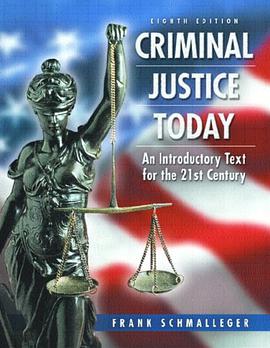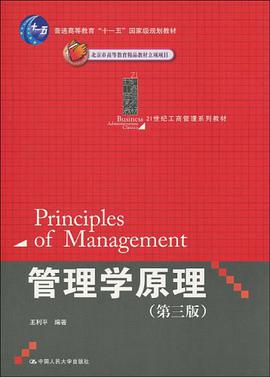

If an innocent person is sent to prison or if a killer walks free, we are outraged. The legal system assures us, and we expect and demand, that it will seek to "do justice" in criminal cases. So why, for some cases, does the criminal law deliberately and routinely sacrifice justice? In this unflinching look at American criminal law, Paul Robinson and Michael Cahill demonstrate that cases with unjust outcomes are not always irregular or unpredictable. Rather, the criminal law sometimes chooses not to give defendants what they deserve: that is, unsatisfying results occur even when the system works as it is designed to work. The authors find that while some justice-sacrificing doctrines serve their intended purpose, many others do not, or could be replaced by other, better rules that would serve the purpose without abandoning a just result. With a panoramic view of the overlapping and often competing goals that our legal institutions must balance on a daily basis, "Law without Justice" challenges us to restore justice to the criminal justice system.
具体描述
读后感
评分
评分
评分
评分
用户评价
相关图书
本站所有内容均为互联网搜索引擎提供的公开搜索信息,本站不存储任何数据与内容,任何内容与数据均与本站无关,如有需要请联系相关搜索引擎包括但不限于百度,google,bing,sogou 等
© 2025 book.wenda123.org All Rights Reserved. 图书目录大全 版权所有




















